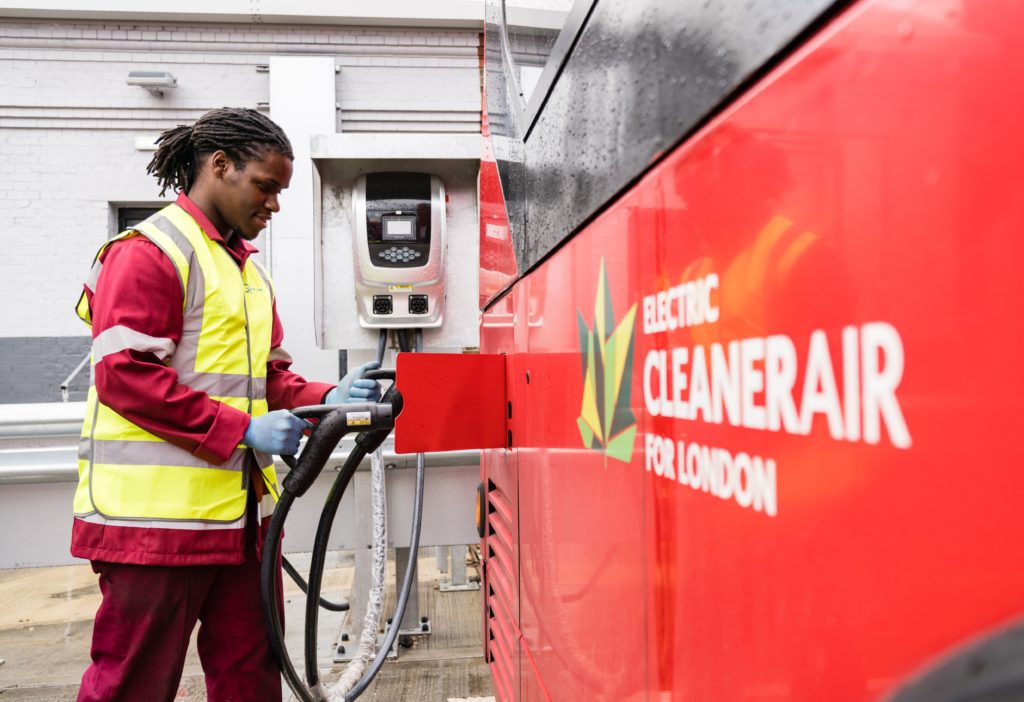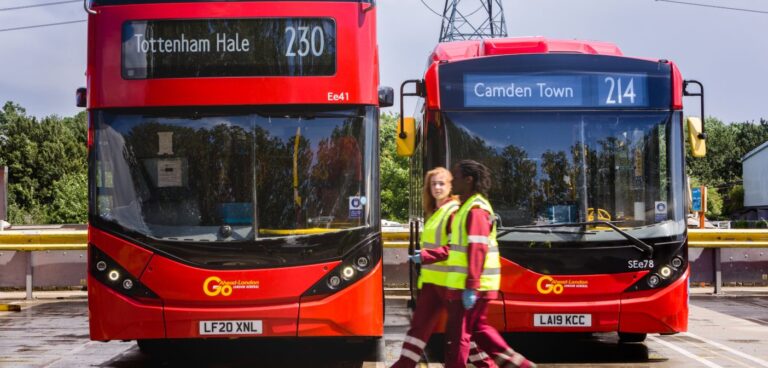UK public transport operator The Go-Ahead Group has set out its strategy to become a carbon neutral transport provider by 2045.
In its newly published timetable, Go-Ahead plans to withdraw its diesel buses and to put in place an all-electric rail fleet, five years earlier than the UK government target.
According to the operator, its strategy will focus on shifting from diesel power to zero-carbon modes of transport – including electric and hydrogen power. It will convert its entire fleet of 5,000 UK buses to zero emission vehicles by 2035, with a decarbonised rail fleet in the same year.
David Brown, chief executive of The Go-Ahead Group, said: “Climate change is the number one challenge facing society and in order to address it, we must make radical changes to the way we travel. If we’re serious about protecting the health of our planet, then businesses such as Go-Ahead must show leadership.
“Our climate change plan is ambitious but deliverable, and is consistent with international goals of limiting any increase in global temperature to 1.5°C. We will play our part by decarbonising our business and by investing in environmentally sustainable technology.
“We hope our commitment will be matched by a broader shift in public policy on transport by encouraging people to walk or cycle where possible, use buses and trains as an alternative but only use a car if absolutely necessary.”

The company added it has already invested in pioneering technology with environmental objectives. The group operates Britain’s first air filtering buses, which remove particulate pollution from the air as they travel the streets of Southampton.
Buses with geofencing technology automatically switch to zero-carbon mode when they enter Brighton’s city centre, and Go-Ahead is piloting solar panels on buses in the UK and Singapore.
In a further step this summer, the company plans to implement “bus to grid” energy at Northumberland Park depot in north London. This project, in partnership with SSE Enterprise, BYD, Leeds University and UK Power Networks, will turn the bus depot into a virtual power station, with electric batteries from buses able to feed energy back into the grid at times of high demand.
An initial trial will use batteries from 28 double-decker buses, capable of returning over a megawatt of energy to the grid.





